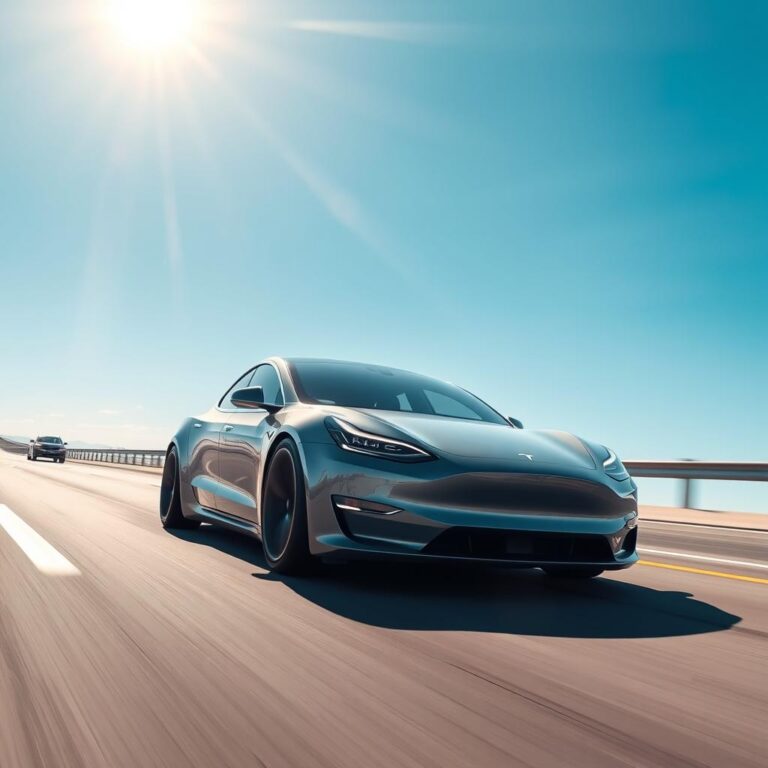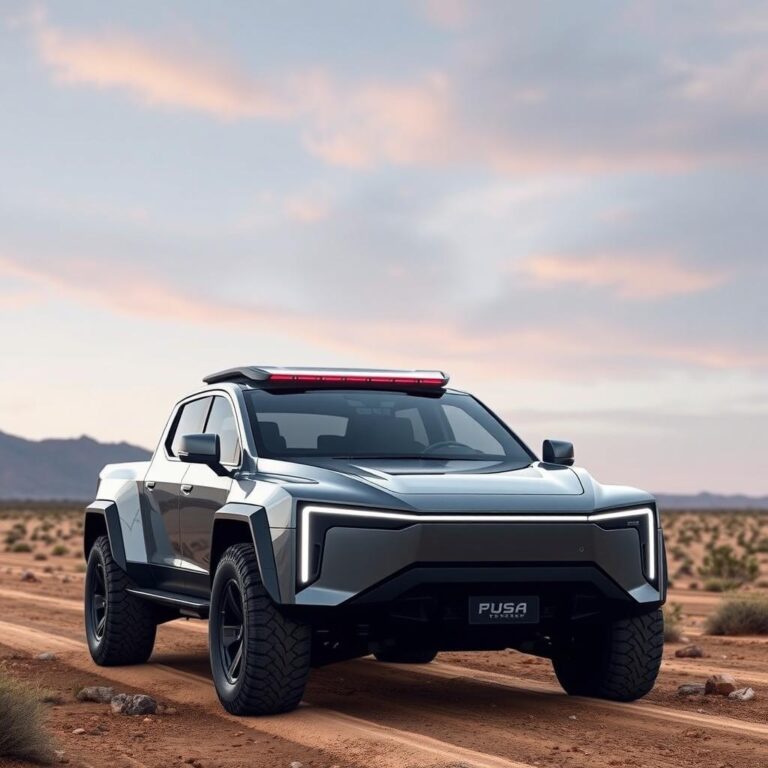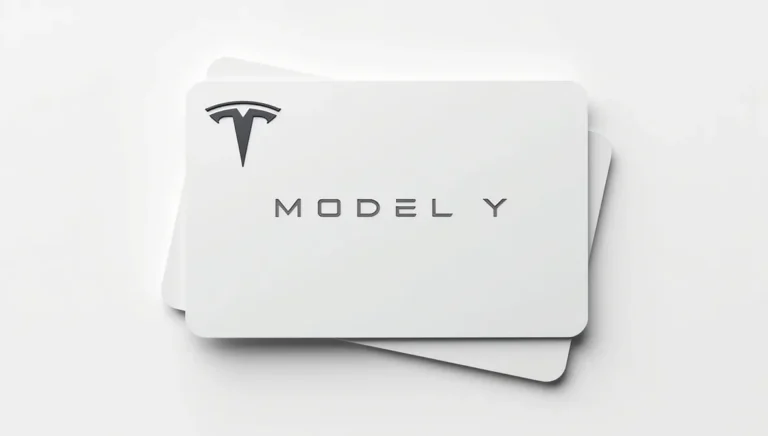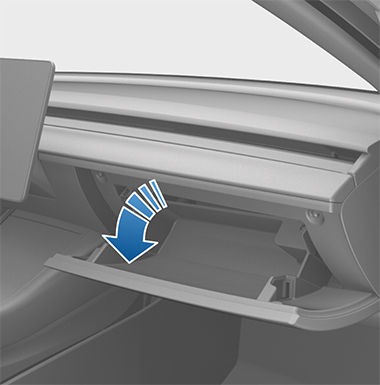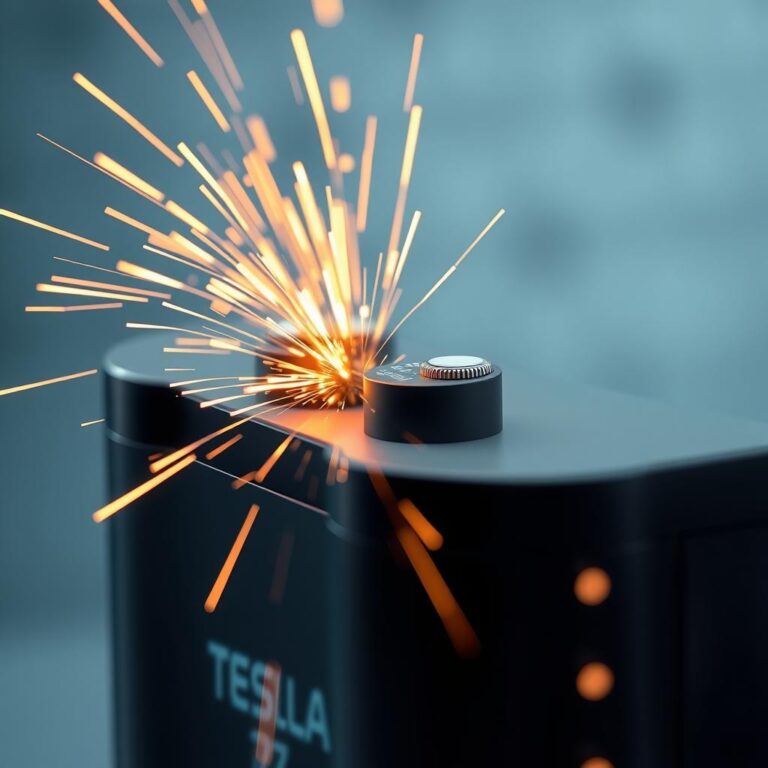Can Non Tesla Cars Use Superchargers?
Can Non-Tesla Cars Use Superchargers?
As the popularity of electric vehicles (EVs) continues to grow, many car owners are wondering about charging infrastructure. One of the most common questions is: “Can non-Tesla cars use Superchargers?” Tesla’s Supercharger network is one of the largest and fastest charging networks available, offering high-speed charging for Tesla owners. But what about drivers of other EV brands? Can they also take advantage of Tesla’s Supercharger network? The answer might surprise you, so let’s dive into the details.
In this article, we’ll discuss whether non-Tesla cars can use Tesla Superchargers, how Tesla’s charging network works, and what future possibilities look like for cross-brand charging.
Can Non-Tesla Cars Use Superchargers?
Historically, Tesla Superchargers have been exclusive to Tesla vehicles. Only Tesla owners could access the network, which made it one of the most significant benefits of owning a Tesla. However, as the electric vehicle market has evolved, Tesla has started to make some changes that may allow non-Tesla EV owners to use Superchargers. Let’s look at what’s happening and what this means for the future.
At the moment, non-Tesla cars generally cannot use Superchargers in most locations. Tesla’s Superchargers use a proprietary connector and are designed to work seamlessly with Tesla vehicles. However, in recent years, Tesla has been testing and rolling out new policies that may allow non-Tesla vehicles to charge at certain Supercharger locations, particularly in Europe.
1. Tesla’s Efforts to Open Superchargers to Non-Tesla Cars
In 2021, Tesla CEO Elon Musk announced plans to open the Supercharger network to other EV brands in select locations. This move was part of a broader strategy to encourage the adoption of electric vehicles by promoting cross-brand infrastructure collaboration. However, it’s important to note that this initiative is still in the early stages, and not all Supercharger stations have been equipped to accommodate non-Tesla vehicles.
In Europe, Tesla has begun the process of opening up some Supercharger stations to non-Tesla EVs. This initiative was made possible by the European Union’s push for more universal charging standards and the use of the CCS (Combined Charging System) standard. Tesla vehicles in Europe use the CCS standard for their Superchargers, which is also compatible with many other non-Tesla EVs.
2. How Can Non-Tesla Cars Access Superchargers?
While Tesla Superchargers are not universally open to non-Tesla cars, a few key steps can allow other EVs to charge at Tesla stations in certain regions:
- CCS Adapter: In markets like Europe, non-Tesla cars that use the CCS standard can charge at Superchargers if they have the right adapter. Tesla has already started using the CCS standard in many European stations, so owners of other EVs with CCS plugs can use them by purchasing an adapter.
- Mobile App Access: Tesla has introduced a feature in some areas that allows non-Tesla drivers to access Superchargers via the Tesla mobile app. Drivers of other EVs can find Supercharger locations and pay for charging through the app, similar to how Tesla owners would do.
- Specific Test Markets: Tesla has been running pilot programs in certain countries, like the Netherlands, where non-Tesla EVs can access Superchargers. If the pilot programs are successful, we could see this feature rolled out more broadly across Europe and eventually in other regions.
In the US, however, the Supercharger network is still largely exclusive to Tesla cars, and non-Tesla drivers would need to wait for future announcements from Tesla regarding expanded access.
3. Why Doesn’t Tesla Open Superchargers to All EVs?
The primary reason Tesla has kept Superchargers exclusive to its own vehicles is that the network was initially built for Tesla’s customers. Tesla’s Superchargers were designed to offer fast charging with minimal wait times for Tesla drivers. If Superchargers were open to all EVs, there could be concerns about congestion and longer wait times, as the network is optimized for Tesla vehicles.
Additionally, Tesla uses a proprietary connector for its Superchargers, which differs from the connectors used by other EV manufacturers. While the CCS standard is becoming more common, there are still some challenges in terms of universal compatibility.
4. The Benefits of Opening Superchargers to Non-Tesla Cars
While Tesla has maintained exclusivity for the Supercharger network for many years, opening it up to non-Tesla vehicles could offer several benefits:
- Increased Adoption of Electric Vehicles: By allowing non-Tesla cars to charge at Superchargers, Tesla could help accelerate the adoption of electric vehicles in general. More access to fast charging could make EVs more appealing to a broader audience.
- Universal Charging Infrastructure: A shared charging network would help eliminate the frustration of incompatible charging stations. Drivers would no longer need to worry about whether their EV is compatible with a specific station.
- Revenue for Tesla: By allowing non-Tesla cars to use their Supercharger network, Tesla could create a new revenue stream. Charging fees for non-Tesla vehicles could help fund the expansion of the network and further improvements to EV infrastructure.
5. What Are the Limitations for Non-Tesla Cars Using Superchargers?
There are several limitations when it comes to non-Tesla vehicles using the Supercharger network:
- Availability: Non-Tesla cars currently cannot use all Supercharger locations. Only certain stations in select regions are accessible, primarily in Europe.
- Charging Speed: Even if non-Tesla cars can access Superchargers, the charging speed may not be the same as that for Tesla vehicles. This is due to differences in charging technology and the connector systems used by other automakers.
- Adapter Requirements: Non-Tesla vehicles may need to use adapters to connect to Superchargers, adding an additional cost and layer of complexity.
Conclusion: Can Non-Tesla Cars Use Superchargers?
So, can non-Tesla cars use Superchargers? The answer is evolving. While Tesla’s Superchargers are still primarily designed for Tesla vehicles, the company has started testing and rolling out access to non-Tesla EVs in some regions, particularly in Europe. Non-Tesla drivers in select countries can use Superchargers with the proper adapters and app access.
In the future, it’s likely that Tesla will continue expanding access to its Supercharger network to support broader EV adoption. However, for now, Tesla owners still enjoy exclusive access to the network, and non-Tesla drivers may need to look to other charging options until Tesla opens up the network more widely.
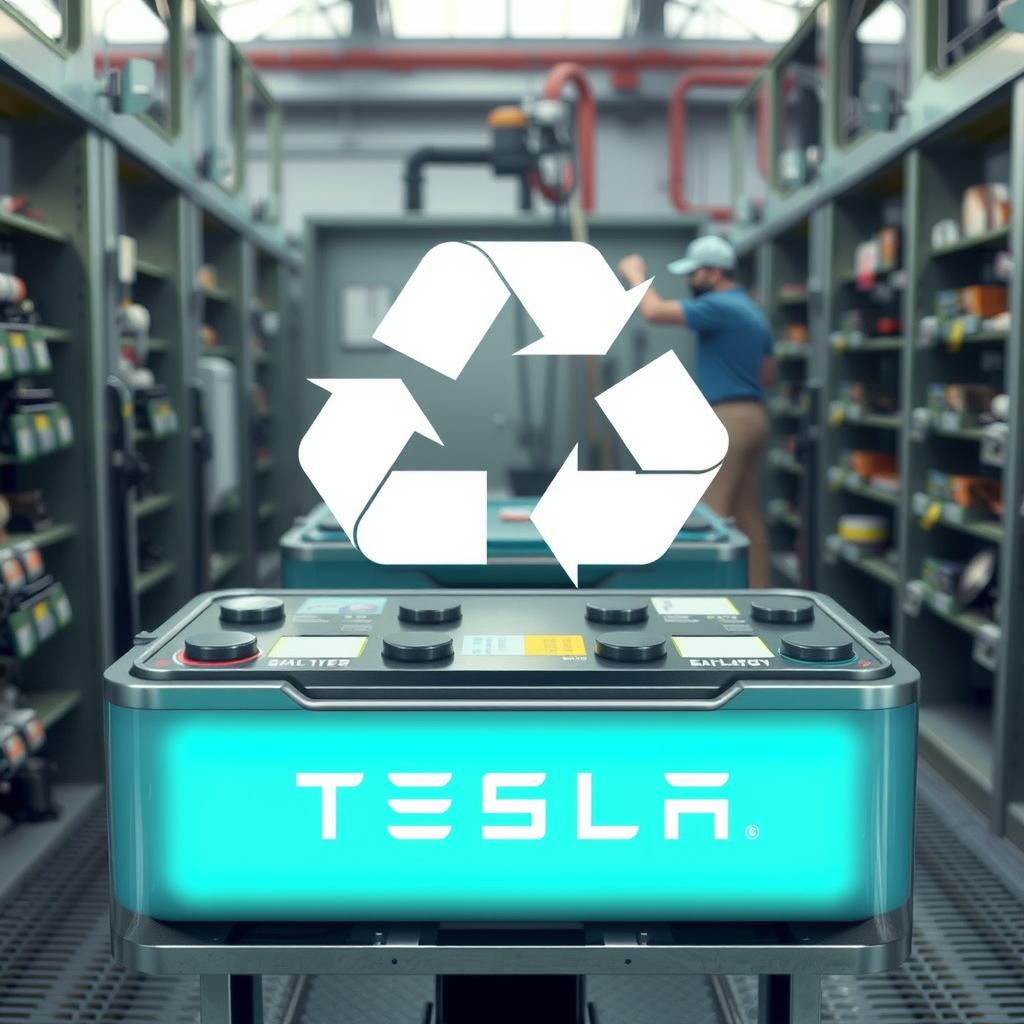
Frequently Asked Questions About Non-Tesla Cars Using Superchargers
1. Can I use a non-Tesla EV to charge at Tesla Superchargers in the US?
Currently, Tesla’s Supercharger network is mostly restricted to Tesla vehicles in the United States. While Tesla is testing the ability for non-Tesla cars to use Superchargers in Europe, there is no clear indication that this will be expanded to the US in the near future. Non-Tesla EV owners in the US may need to wait for future announcements from Tesla regarding the expansion of access to Superchargers for all EV brands.
2. How much does it cost for non-Tesla cars to use Superchargers?
The cost for non-Tesla cars to use Superchargers will depend on several factors, including the region and the charging station. Tesla has not yet fully rolled out non-Tesla access, but based on European trials, it is expected that Tesla will charge non-Tesla vehicles similar rates to what Tesla owners pay. The rates may vary depending on factors like time of use, location, and energy usage, but Tesla will likely adjust pricing to remain competitive with other charging networks.
3. Do non-Tesla cars need an adapter to use Tesla Superchargers?
Yes, non-Tesla cars that use the CCS (Combined Charging System) standard will need an adapter to charge at Tesla Superchargers. In some regions like Europe, Tesla already uses the CCS standard for their Superchargers, making it easier for non-Tesla EVs to use the network. In other regions, Tesla’s proprietary connector is used, so an adapter will be necessary to make the connection. Tesla is currently working on making adapters available for these vehicles.
4. Are all Tesla Superchargers open to non-Tesla vehicles?
Not all Tesla Superchargers are currently open to non-Tesla vehicles. The rollout of Supercharger access for non-Tesla EVs is still in its early stages, with the initial rollout focused on Europe. In select countries, Tesla has started allowing non-Tesla EVs to use Superchargers with an adapter and the appropriate app access. Tesla has not yet expanded this feature to all of its Supercharger stations globally, and non-Tesla vehicles will only be able to charge at specific locations.
5. Will non-Tesla cars be able to use Superchargers in the future in the US?
While there is no official timeline, it’s possible that non-Tesla cars could gain access to Superchargers in the future in the US. Tesla has expressed interest in opening its Supercharger network to other EV manufacturers, especially in regions where infrastructure is in demand. However, the full expansion to all Tesla Supercharger stations in the US could take time and will depend on factors such as government regulations, partnerships, and technological advancements in the charging industry.
6. What is Tesla’s long-term vision for Superchargers and non-Tesla cars?
Tesla’s long-term vision for Superchargers and non-Tesla cars is likely to focus on creating a universal, open charging network. By allowing non-Tesla EVs to access Superchargers, Tesla could support the broader electric vehicle market and accelerate the transition to sustainable energy. However, for this to happen, Tesla would need to address challenges related to charging infrastructure, compatibility, and vehicle-specific charging needs. If successful, this could lead to a more unified and accessible charging network for all EVs, regardless of the manufacturer.
Conclusion: Can Non-Tesla Cars Use Superchargers?
In conclusion, non-Tesla cars can potentially use Tesla Superchargers, but the access is currently limited and primarily available in specific regions like Europe. While Tesla’s Supercharger network has historically been exclusive to Tesla vehicles, the company has begun testing access for non-Tesla EVs in select locations. Non-Tesla drivers will need an adapter to charge their vehicles, and the Supercharger stations open to them will be limited.
As Tesla continues to expand and test its Supercharger network in more regions, it’s possible that non-Tesla vehicles will have greater access to this fast-charging infrastructure in the future. However, for now, Tesla owners still enjoy exclusive access to Superchargers, and non-Tesla drivers will need to explore other charging options unless they’re in regions where this feature has been made available.

